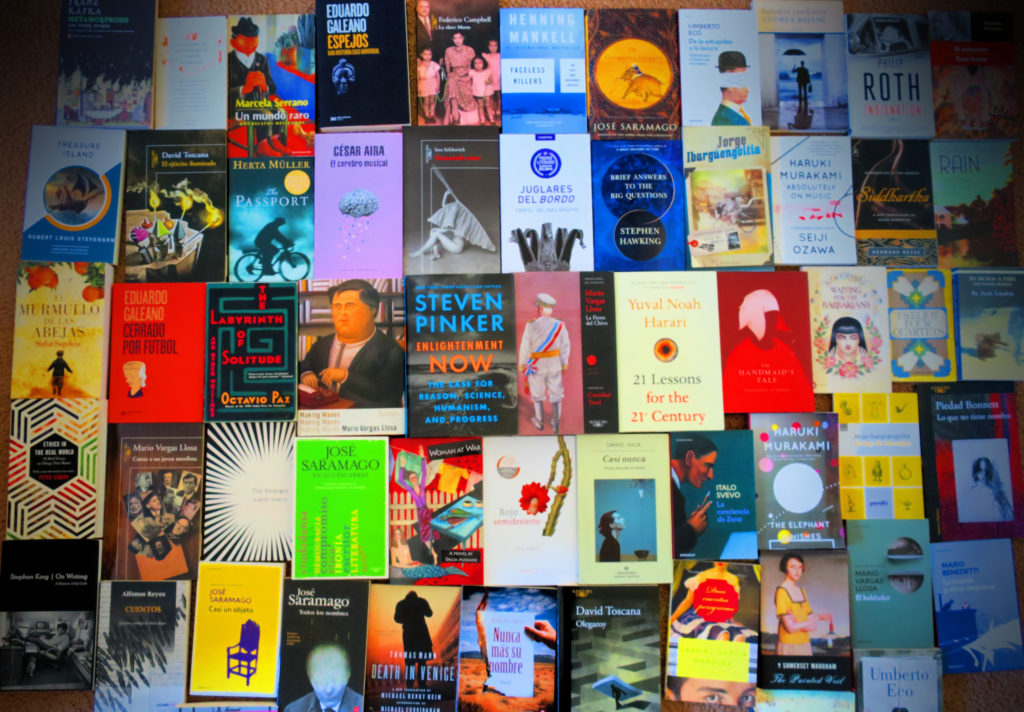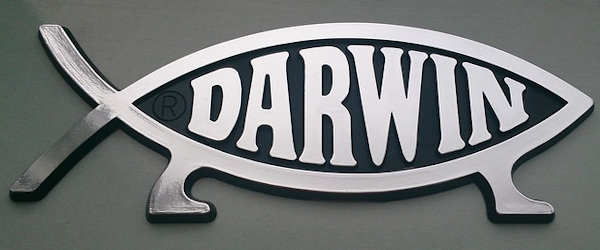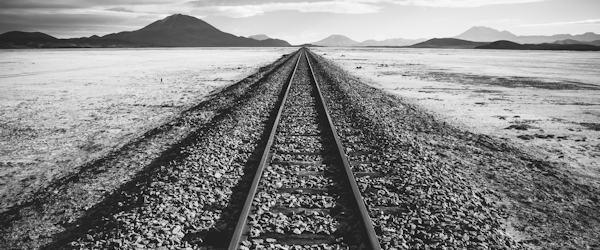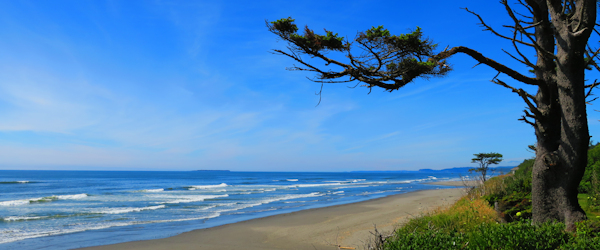 My reading summary for 2018. Total books read: 62. Fiction 74% and non-fiction 26%; 53% in Spanish and 47% in English; 25% female authors, 75% male authors (need to improve balance here).
My reading summary for 2018. Total books read: 62. Fiction 74% and non-fiction 26%; 53% in Spanish and 47% in English; 25% female authors, 75% male authors (need to improve balance here).
The month I read the least was August with only one book, and the month I read the most was November with 9 books. Longest book: 592 pages. Shortest: 94. Average book length: 271 pages.
Favorite fiction book by a female author: “Woman at War” by Dacia Maraini. Favorite fiction book by a male author: “The Elephant’s Journey” by José Saramago and “Zeno’s Conscience” by Italo Svevo. Favorite book of short stories in Spanish: “Juglares del Bordo” by Daniel Salinas Basave. Favorite book of short stories in English: “Rain and other South Sea Stories” by W. Somerset Maugham.
Favorite book of essays in Spanish: “De la Estupidez a la Locura” by Umberto Eco. Favorite book of essays in English: “Making Waves” by Mario Vargas Llosa. Most meaningful book I enjoyed re-reading after 20+ years: “Siddhartha” by Herman Hesse. Newly discovered author in Spanish worth reading: Joel Flores. Favorite non-fiction book: “Enlightenment Now” by Steven Pinker.
Most recurrent authors year after year: Saramago, Mario Vargas Llosa, Daniel Salinas Basave, W. Somerset Maugham, Richard Dawkins, and Eduardo Galeano. Days without reading: 0.
 Numerous people believe that many of the world’s problems today exist because we have turned our backs on what is “natural” and because we are out of touch with nature. They suggest going back to living in a more “natural” environment.
Numerous people believe that many of the world’s problems today exist because we have turned our backs on what is “natural” and because we are out of touch with nature. They suggest going back to living in a more “natural” environment. If you were to ask hardcore atheists like Christopher Hitchens or Richard Dawkins if they think there could be anything useful in religions, you would most likely get a firm “no” for an answer.
If you were to ask hardcore atheists like Christopher Hitchens or Richard Dawkins if they think there could be anything useful in religions, you would most likely get a firm “no” for an answer. We become thinkers the very precise moment when we acknowledge death and discover our own mortality.
We become thinkers the very precise moment when we acknowledge death and discover our own mortality. “He who has a Why to live for can bear almost any How.” – Friedrich Nietzsche
“He who has a Why to live for can bear almost any How.” – Friedrich Nietzsche